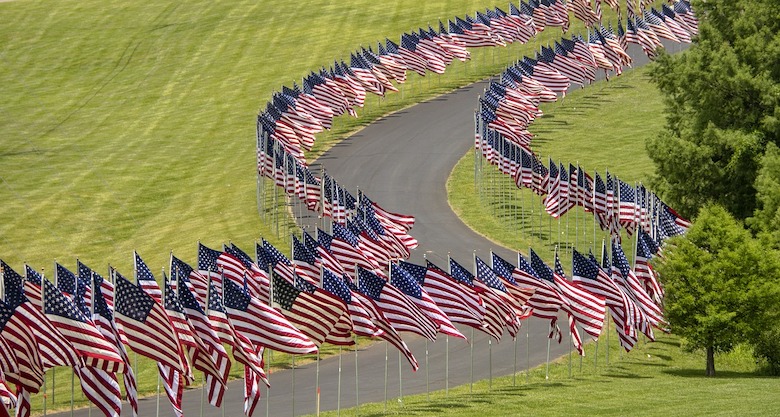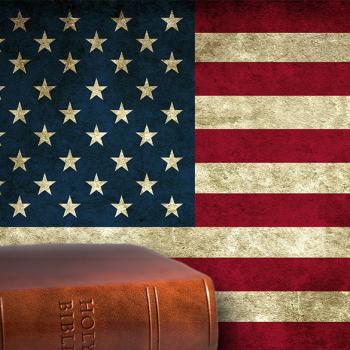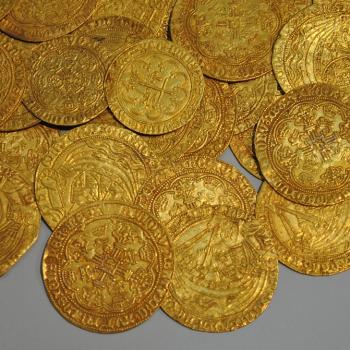
Unless you live in the small state of Rhode Island, you’ve probably never heard of Victory Day. Victory Day, or “VJ Day” for short, is the commemoration of the surrender of Japan and the end of World War II. I grew up in Rhode Island and still benefit from the state holiday. It’s always nice to have a day off to spend with family and stay out of the office. However, the holiday itself has been under fire almost since its inception in 1948. Japanese-Americans feel it’s insensitive to their own history. After all, historians now question the necessity of the dropping of the Bomb.
We’ll never know how the War would have ended without the Bomb, but we know what happened after. Reporter John Hershey interviewed six survivors and published this incredible profile a year after. In December of 1946, the Atlantic published this article with a scientist’s opinion. These helped sway public opinion away from nuclear weapons and proliferation. Still, the Cold War was not far off, and that only increased the world’s nuclear arsenal.
War has always been a part of our world. Since World War II, America has seen conflict in Korea, Vietnam, Kuwait, Afghanistan, and Iraq. That’s not including the nation meddling in nations in South America and South East Asia. All of these conflicts happened during and after the Eisenhower administration – or the founding of America as a ‘Christian Nation’. How can a nation supposedly founded on a nonviolent and subversive teacher wage war when the Early Church was known for its pacifism?
Augustine and the Just War Theory
St. Augustine of Hippo (354-430) was a prolific and important Church Father for both the Eastern and Western Churches. He was a well educated and prominent bishop and is known for his works The Confessions and City of God. In City of God, Augustine lays out what is means for an empire to go to war. He sees war as a means to peace, in which one may be justified if the cause is great.
“But, say they, the wise man will wage just wars. As if he would not all the rather lament the necessity of just wars, if he remembers that he is a man; for if they were not just he would not wage them, and would therefore be delivered from all wars.”
City of God was written around 410 after the sacking of Rome by the Visigoths. Augustine saw the Kingdom of God on earth being torn away from the Roman empire. He shifts his focus from a physical kingdom to bestowing this title on the Church. The Kingdom of God is actually the Church. Our Kingdom is spiritual. The Christian should be concerned with our post-mortem heavenly destination.
This Just War Theory has led to untold suffering. After all, the Crusades were justified. The European and Salem Witch Trials were justified. America meddling in Chilean elections to prop up ‘pro-capitalist’ leader Pinochet was justified. Spreading democracy in the Middle East was justified. These specific conflicts were not done without reason. It just depends on what you think justifies violence.
What Now?
This might be the first you’ve heard of Victory Day. Maybe you went out and saw Oppenheimer. Either way, the idea of war is in our national consciousness.
I include this section (the What Now? section) at the end of each article because it’s important to question beliefs. We are given a set of beliefs by our parents and social circles. Father Rohr calls this our first stage of life. We create boxes to organize and rationalize the world around us. It is our responsibility to interrogate these boxes. This might mean we shift things around, make a box bigger or smaller. Maybe we throw out the box entirely. This reframing is our ‘second half of life’.
The ideas of war and violence, like most things in life, are not yes/no. They are complicated and require a level of wisdom to determine what is the moral choice in each situation. If you go to Christianity or the Bible for clear answers, you’ll end up with a confusing framework. Christianity is a wisdom tradition. The collection of writings we call the Bible includes voices that don’t always agree. We must take the tradition and writings into our new generation and make wise choices. This is theology. This is the Christian life.













